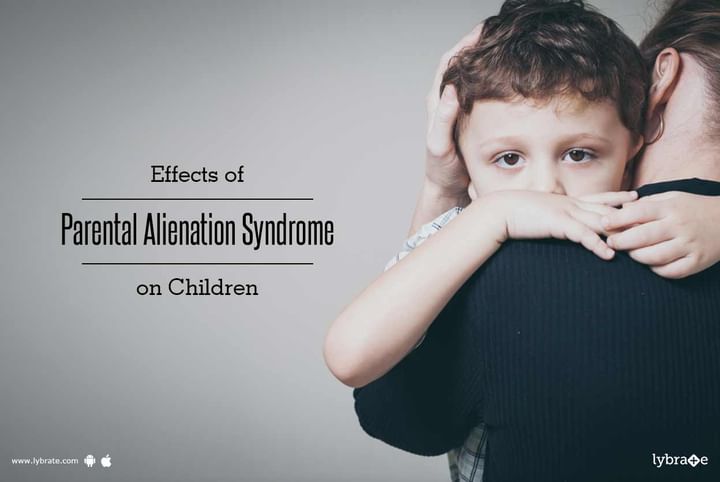Effects of Parental Alienation Syndrome on Children
In many cases; divorce and separation leads not only to bad blood between the parents, but also in a child alienating himself from one parent. Insulting or belittling one parent without justification or under pressure from the other parent is known as parental alienation syndrome. Parental alienation involves one parent undermining the other and interfering with the child’s relationship with the other parent by limiting contact with them, bad mouthing them, forbidding discussion about them etc. This can have a very negative effect on the child’s emotional state.
1. Self hatred: For children, hatred is not inborn, but developed by the situations they are in. By bad mouthing a parent and teaching the child to hate the parent, the child himself is harmed. With time, he begins to internalize this hatred and believe that there is something wrong with him that made the alienated parent not want him.
2. Low self esteem: When a child is not allowed to speak his mind and has to bottle up his thoughts, he becomes socially withdrawn. Often the child begins to feel that he is the cause for the rift in the family and makes himself responsible for the separation. This intensifies with time and makes the child lose confidence in himself leading to low self esteem.
3. Lack of trust: When a child is suddenly pulled away from one parent and told how that parent is not a ‘good person’ the child is likely to feel betrayed. This creates a sense of doubt in the child’s mind and makes it difficult for him to trust other people. As he grows up, this can affect his own adult relationships as well.
4. Depression: Depression is a commonly seen in children from broken homes and this is intensified in cases of parental alienation. It is rooted in the child’s feeling unloved by either one of the parents and built up by the separation. Not being given a chance to speak about their feelings or talk about the situation makes them more depressed and they begin to withdraw into themselves. In many cases, it is noted that alienated children have strained relationships with their own children as well.
5. Substance abuse: Depression is one of the most common triggers for substance abuse. Alienated children often feels trapped and that they have no outlet to vent their feelings and frustrations. This often makes them turn towards drugs for relief and can make them victims of substance abuse. In case you have a concern or query you can always consult an expert & get answers to your questions!



+1.svg)
